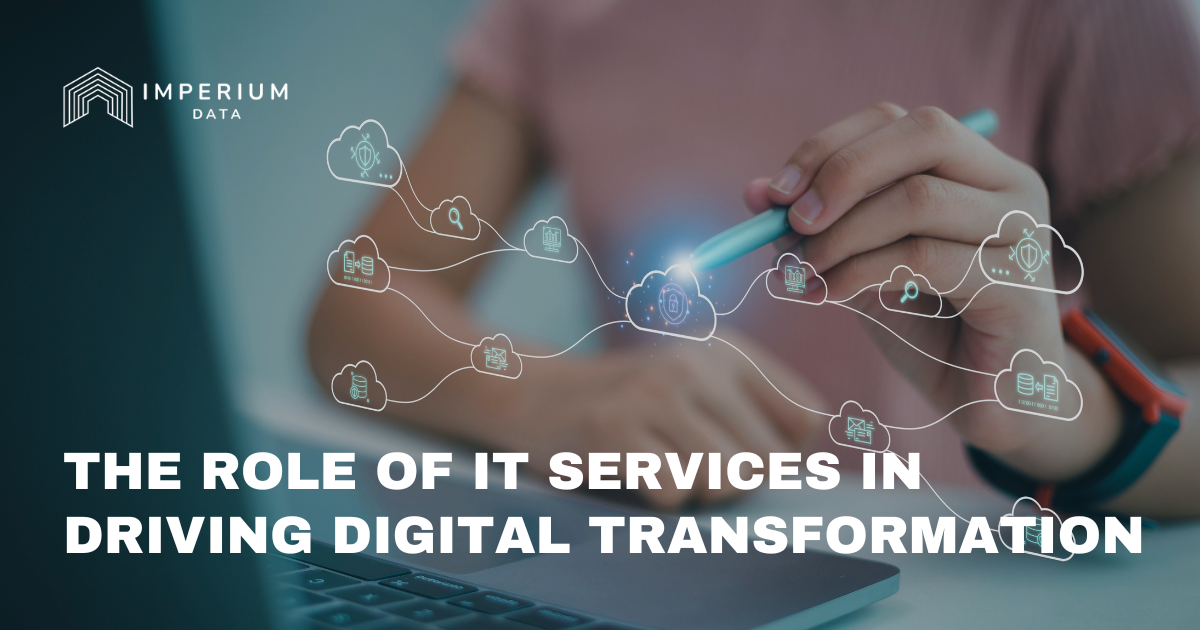You know about the importance of cybersecurity. You’ve heard the warnings, and they make perfect sense. If you don’t protect your network, malicious actors can cause a great deal of damage to your business. You don’t want your company to be vulnerable to those threats.
Unfortunately, they’re also vague threats. It’s a danger in theory, but as a day-to-day concern, the regular deadlines and pressures of your business take precedence. A possible threat is important, but what are the odds you’ll ever have to deal with a cyber attack?
Detect and Defend (Or Pay the Price)
The people running the Colonial Pipeline probably thought the same thing. The largest refined oil pipeline in the United States (spanning more than 5,000 miles) would seem to be an unlikely target. Still, ransomware hackers infiltrated it swiftly and with devastating results in May 2021. The hackers infected their system with malware, locked down servers, and tried to steal almost 100 gigabytes of billing data. After shutting down the pipeline (causing gasoline shortages in several states, and panic runs in others) operators paid a ransom valued at approximately 4.4 million dollars.
Even after meeting the hackers’ demands, they were given a decryption tool that brought things up to speed very slowly, causing extra days of delay and nationwide concern. Their cybersecurity threats were no longer theoretical; they became a reality.
Just a few months earlier, a water treatment facility in Florida was hacked, with someone altering the sodium hydroxide levels to 100 times higher than normal. The city of Oldsmar is home to 15,000 residents, and unknown assailants were playing with the chemical compounds in their water.
In that case, there was no ransom, the incident was caught and reversed, and officials said there were other safeguards in place to catch the change before the public was threatened. But the fact that a water treatment facility that impacts thousands of people could be hacked, and was hacked, proves that nobody is immune to cyber threats. Not municipalities, not fuel pipelines, and not your company.
These examples aren’t isolated incidents. They’re part of a dangerous trend where bad actors are exploiting weaknesses, stealing sensitive data, and utilizing malware and ransomware to decimate a network and enact a heavy toll for the privilege of resuming normal operations. Today’s news headlines prove that the time to think about cybersecurity as a very real threat is now.
Imperium Datas’ security partner, Fortinet, has done extensive research on this issue. You don’t need to have the budget of a local government or a giant energy company, but you do need to pay close attention to the vulnerable parts of your network and utilize real-world tools and practices to keep your business as safe as possible from hackers and other cyber threats.
Cover All Your Bases
Today’s workforce isn’t confined to an office. Your employees might be at home, on the road, in an airport, or at a client’s place of business, and they’ll need access to your network. Each employee might use multiple devices based on where they are and what kind of work they’re doing. Unlimited opportunities to work is an advantage for your business, but it also creates multiple access points that need to be protected.
And with more employees working outside the office, there are more opportunities for human error. All it takes is one worker to fall prey to a phishing scam, and your network is compromised. Add in the obvious necessity to protect customer data, and today’s network security has to be more intelligent and comprehensive than ever before.
Zero Trust
One effective approach is the zero-trust concept. With traditional security measures, the threats are assumed to be outside the network, and resources are invested in keeping them out. Devices and users inside the network are trusted, with protocols in place once a breach is detected.
A zero-trust approach, as the name implies, applies no assumption of safety for anyone. Every person using every device undergoes a form of verification every time. Whether they’re in the office or their home or using a company desktop or a cell phone doesn’t matter. Multi-factor authentication (MFA) is often an integral part of the zero-trust philosophy.
Zero trust also limits how much access an authenticated device has. Operating on a need-to-know basis, each user only has as much access as they truly require, and the network itself can be broken up into security zones to further limit access to sensitive data. These methods ensure that only authenticated devices get into the network, and if a bad actor somehow infiltrates it, they’ll be limited in their ability to cause damage or even access other parts of that network.
Securing the Cloud
Making sure your cloud-based operations are secure is a natural extension of cybersecurity. Your defense and detection protocols must match the convenience the cloud offers to your team, and it needs to grow with your team as well.
Even secure cloud environments can become vulnerable over time. As a company evolves, cloud dependence and utilization often change, while security measures don’t always keep up. Building on top of existing infrastructure creates gaps in protection and offers criminals opportunities to infiltrate your network.
Even allowing limited access to vendors, clients or other parties can create problems if their protocols don’t match yours. Additional users add collaborative benefits, but it also requires a comprehensive evaluation of your cloud assets and an emphasis on making sure security expands to meet the new requirements. Criminals know that many companies are vulnerable due to their lax cloud security and will target the ones that offer the least resistance. Your company should never be one of them.
Educating the Team
You can have the perfect security plan in place, and if a worker unknowingly allows access to your network, bad actors will have a free pass to your information.
Email phishing scams have been around for years, and they’re only getting more sophisticated. An email might appear to be from a trusted company, contain all the appropriate logos and disclaimers, and simply ask for a form of verification by clicking on a link or downloading an attachment. That’s all it takes for your company to become a cyberattack victim.
Every employee needs to be wary of any unauthorized links, attachments, or attempts to access credentials. Aggressive security measures and software can help filter much of the danger, but education has to be part of the program as well. Every employee needs to be critical of every outside communication, no matter how legitimate it appears to be at first glance. A wary workforce is a strong defense against phishing scams, and the education needs to be clear, simple to implement, and up to date with the latest tricks cybercriminals are using.
Other Tips
Having off-network backups of critical data, the ability to run threat simulations, and creating a specific response team are all part of a defensive posture modern business needs to take to stay ahead of the worst threats. In short, companies need to protect what they have, ensure their defenses are strong, remain prepared for a variety of attacks, and stay on top of trends to see where the danger is growing today. It’s an evolving plan that continually checks for network vulnerabilities and adapts to new threats as they arise. A proactive approach to cybersecurity is the only way to stay safe from outside elements that are devoting all their time and resources to attacking and manipulating vulnerable businesses.
We Can Help
This approach to cybersecurity is comprehensive, but it doesn’t have to be overwhelming. Imperium Data understands the importance of developing a unique program for each business, catering to the specific challenges, opportunities, and work tendencies of individual companies and industries. As threats grow stronger over time, so should your plans and defenses. Our expertise ensures that you can focus on your business while we develop and implement solutions that will protect it, both now and in the future.
For detailed answers and more information, reach out.



